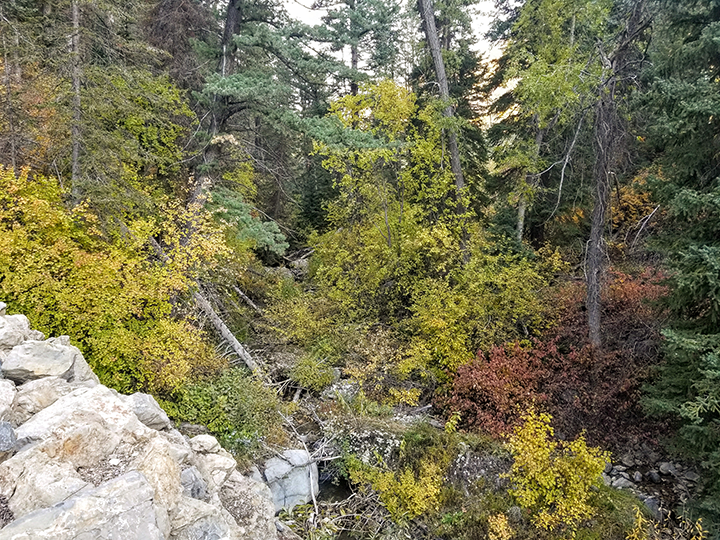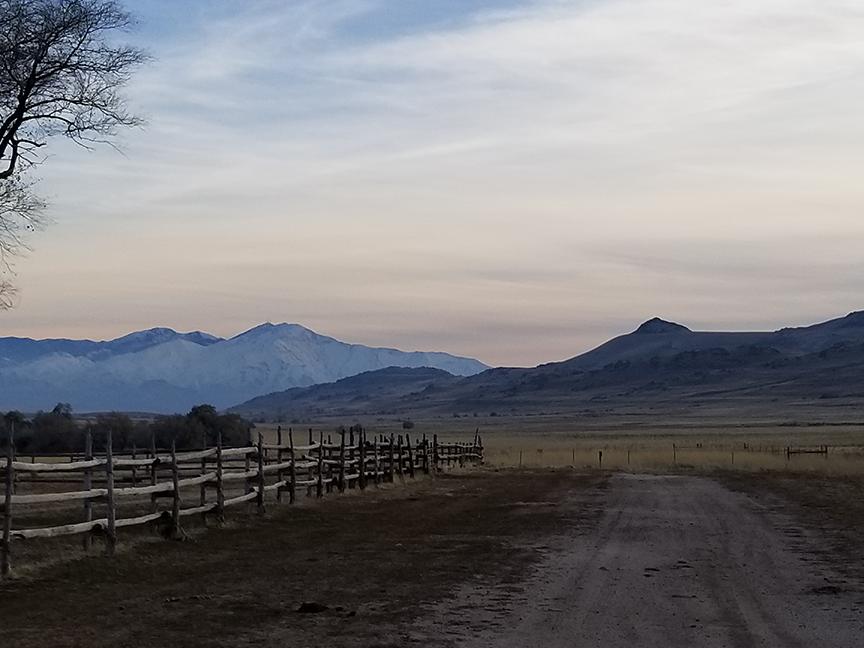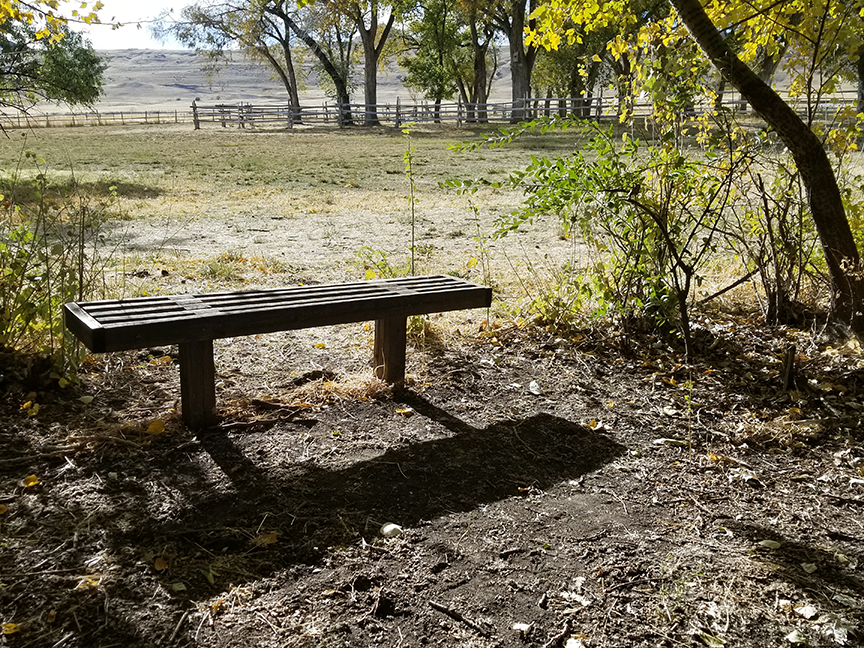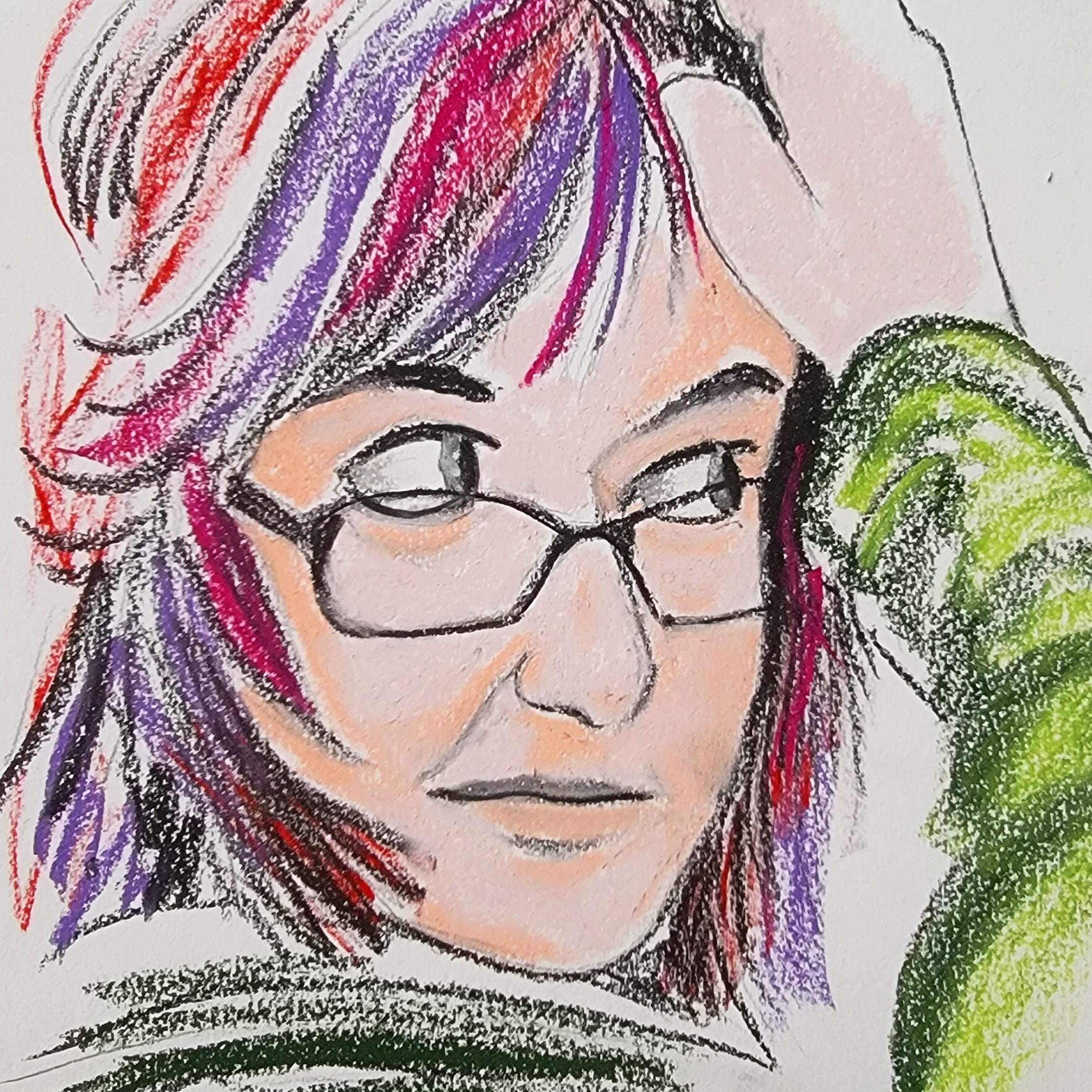In Birnham Wood by Eleanor Catton I have read, realized in text, the flaws inherent with the current state of progressive ideology as well as the flagrantly evil billionaire that embodies all that the progressive fears. It is a cautionary tale of the failures of trust, as well as giving a boogeyman puppet master villain.
The heroine leader of our chaotic good collective, Birnham Wood, is at the same time outrageously self-aware while, nakedly, all her blind spots are highlighted in text for the reader. It is written by someone for whom all humans are laid bare, in their hypocrisy and their idealism. It is hard to root wholeheartedly for any of the team, as their failures are drawn out on stage while their heroic qualities either happen in the background or as a selfish apology for their failures.

The problem with seeing so much of idealistic people, is that most of their internal monologue is devoted to their own failure to their ideals. It is however a honest and rigorous look at the failures inherent in the ideology of idealism. The people withhold the truth from themselves, first, and act out the truth that they refuse to admit. The opening act shows the second-in-command attempting to use sexual revenge to extract herself from the collective in order to avoid the otherwise honorable confrontation of honest communication of her feelings. The fact that she doesn’t succeed at either the sex or the extraction just shines a light on her entrapment by her own hypocrisy as well as her lack of autonomy in her own life.
The collective is in fact doing things that are wholly good acts. They are planting seeds, growing food for the poor and working the land for free. The history of the collective is aggressively anti-capitalist, refusing funding and refusing to incorporate as a nonprofit due to their reliance on trespassing for arable land. However, in the eyes of the leadership, this necessitates a fundamental lie into their public image. The good people of Birnham Wood may have a problem with direct trespass, and so they do not share that information even in private.
It is said that “Our secrets keep us sick” and so is the case in all organizations based in lies as well as individual hearts. Everyone who succumbs deep enough into the organization seems to end up eaten up by the dishonesty of the good acts being tainted by the lack of transparency. Certainly growing food in junkyards, waste sites and polluted roadsides is causing heavy metal and pollution to be taken into the vegetables. The fact that they then go to the neediest and most vulnerable does not make the actions better for the community.
When I learned about vegetable contamination from various sources, it became inescapable that most of our food supply is already contaminated. There are ways to combat such leeching, through microbial and fungal seeding, growing cover crops to clear such things from the soil. That would require waiting for growth seasons their negative margins would not allow, and soil/water analysis they do not have the ability to carry out. Mostly it would require them to admit that there are aspects of land maintenance that they are simply unable to tackle without the support of the owner.
Food from grocery stores goes through radiation treatments to try to combat the most virulent microorganisms, and there are many organizations that scan various places for contaminants. It is one of the benefits of 1st world foods, consumer protection measures harkening back from the dark days of the Heart of Darkness. The poor and desperate and idealistic that are eating the food grown wherever sufficient water and soil can be found have no such guarantee. They are trusting the mercy of nature herself, which is a dark forest of unknowns in the microscopic world that plant chemistry takes place in.

Then, sidestepping the legitimacy of the good operation, there is the cartoon billionaire which has decided, wildly, to invite the collective to till their land. It is clear from the audience’s perspective that they are being set up as a distraction from very-illegal activities by our villain. It is obvious that many billionaires see themselves in a similar way to our villain, as chess-playing Hannibal Lecters who selfishly take anything they like without seeing any reason to give anything back to the world they toy with.
When, in daydreams, I considered the idea of making a gardening collective, I searched my vivid imagination for a way to progress without falling victim to such a trap. The problem is that the most likely way to make money off of people doing good is always to take pressure off of people doing bad. It is simply the social Karma that the public eye forces the powerful and corporate into. A way to apologize and make amends for land that has already been destroyed, an ecological conservation theater to turn eyes away from the instances of destruction being started in fractal directions.
At least something good is coming of it? Perhaps, but allowing the evil to clear something off the debt sheet gives room for more failings, more pollution, more slavery. As the debt sheet gets longer, the imbalance becomes even more skewed by publicity and careful accounting. People do not come to a change of heart from the outside, that is not the direction that change comes from. It must come from within.

I must remember my scope. Overextending my reach makes me subject to the intent of all the people in my organization. Keeping my heart to the scale of my hands keeps me safe from the judgment of the powers that be. I suppose that means I will never trespass and till other people’s land. I will not know the self-righteous fury of the idealistic, I will not know the terror of the billionaire.
But I can read this fantastic book, looking into a fantasy world that is all too real. In it I can play out the power fantasies, the schadenfreude of watching people that are so much better than I falter and feud. It is truly a joy to read, and seems to be a book written just for me.
I love meeting a book so tailored to my own personal interests. In a conceited way, I do think of it like that. Now I have a way of framing my overly self-analytical thoughts. I can imagine I am, too, a character in Birnham Wood.
